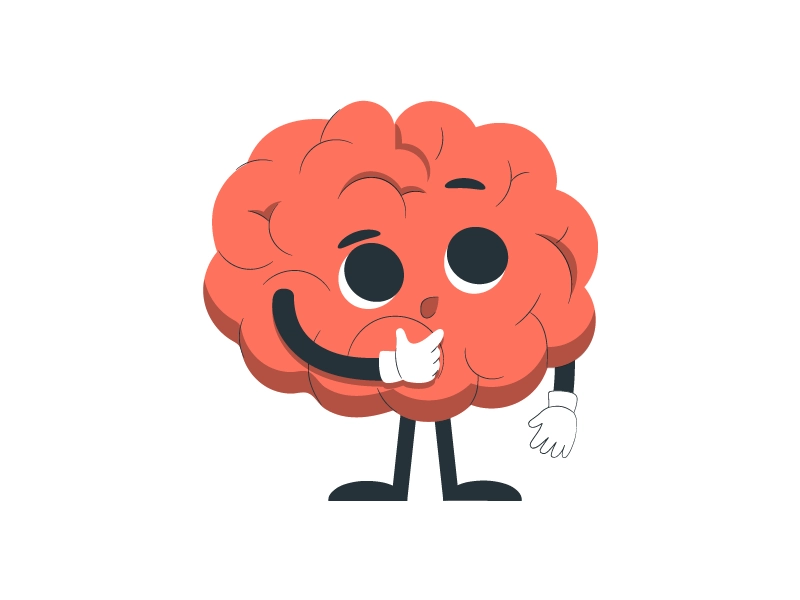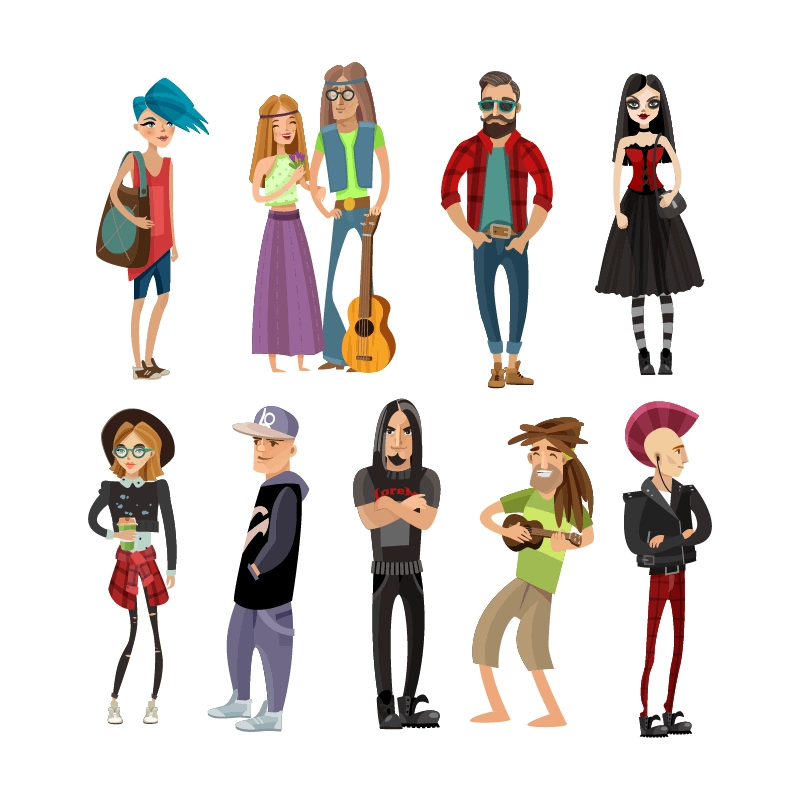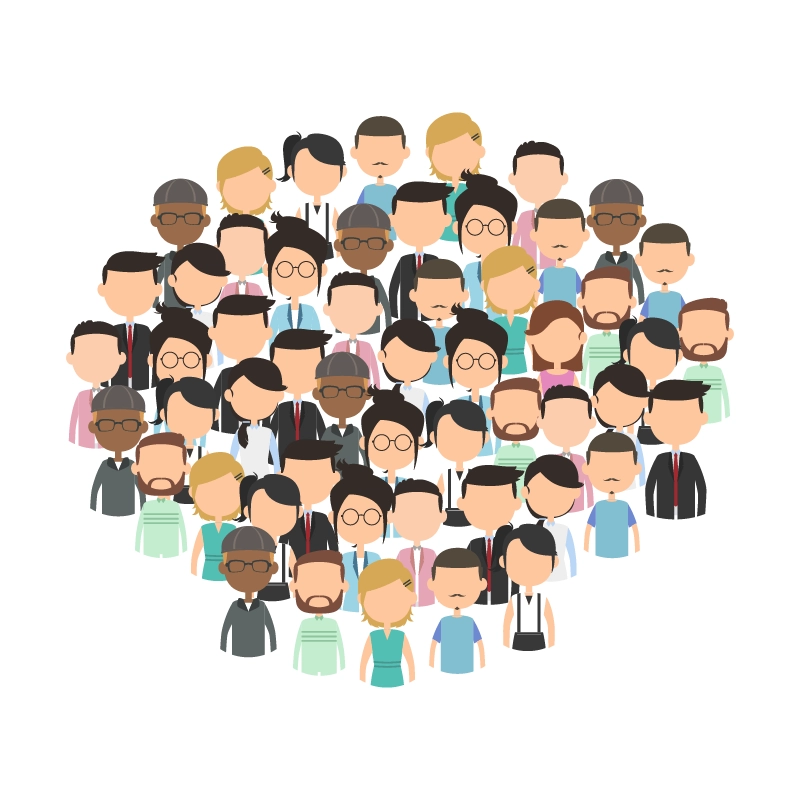
Media Theory
Enhancing Critical Thinking & Media Literacy
Welcome to Media Theory! This website is dedicated to exploring the intricate and ever-changing world of media studies, communication, linguistics, culture and sociology. Our aim is to provide a platform where students, educators, and teachers can come together to share ideas, learn from each other, and stay updated on the latest developments in these fields.
Our Aims

Critical Thinking
We aim to help you critically think by analysing media messages and then their potential effects on individuals and society. Hence, wanting you to identify biases and propaganda, and developing informed perspectives and solutions.

Media Literacy
We want you to be media literate by in fact showing you how media messages are created, distributed, and consumed. As a result, providing the skills necessary to evaluate media content critically and make your own educated decisions.

Understanding Media
We wish to also educate you to understand media by examining the role and impact it has on society. By looking at media theories, technologies, and cultural practices in an interdisciplinary approach, we are likewise able to explore a variety of media content.
Why Is Studying Media Important?
Studying media is crucial in today’s society because it allows individuals to understand how information is produced, consumed, and disseminated. Media is a powerful tool that influences public opinion, shapes cultural norms, and impacts political decisions. As such, media literacy is essential in today’s world, where we are constantly bombarded with a vast amount of information from various sources.
Studying media helps individuals develop critical thinking skills, enabling them to evaluate the credibility and biases of different sources. It also helps individuals understand the historical, social, and cultural contexts in which media is produced, consumed, and circulated. Ultimately, media literacy is essential for individuals to become active and informed citizens in a democratic society.

Media Theory
Our Topics

Media Studies
Media studies is a field that examines media’s role in society, culture, and politics while involving the critical analysis of various media content.

Communications
Communication is the process of exchanging information between individuals or groups through various means such as speaking, writing, or nonverbal gestures.

Culture
Culture can be defined as shared beliefs, values, customs, and behaviours that characterise groups and also a way of life for that particular group.

Linguistics
Linguistics is the scientific study of language and its structure, such as its sounds, grammar, and meanings and examines how humans communicate.

Society
Society refers to a group of people who live together and interact, sharing common norms, values, and beliefs thus forming a complex community structure.

Theorists
The history of media, society, linguistics, culture and communication has had many theorists thus contributing unique perspectives and insights.
Join Us Online
Follow along the journey
Follow us on social and never miss updates from this site. Original content and facts, shared on many platforms.
Media Musings
"The man who reads nothing at all is better educated than the man who reads nothing but newspapers."
Thomas Jefferson